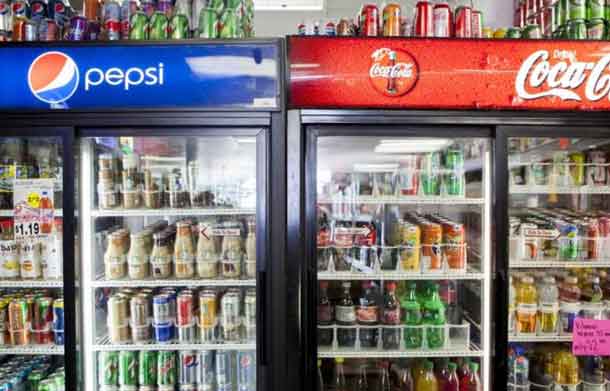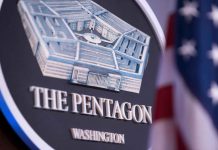 THUNDER BAY – Leaders Ledger – The $15 billion takeover of Nexen Inc., one of Canada’s largest oil & gas companies involved in the oil sands, by Chinese state-owned China National Offshore Oil Company (CNOOC) has been in the news a lot lately. Many in Canada’s corporate sector have rightly noted that Canada must diversify its trade. CEOs – and Chinese officials – note that increasing trade in a growing Pacific Rim, including with what will soon be the largest economy in the world, will be important for Canada’s long-term economic health.
THUNDER BAY – Leaders Ledger – The $15 billion takeover of Nexen Inc., one of Canada’s largest oil & gas companies involved in the oil sands, by Chinese state-owned China National Offshore Oil Company (CNOOC) has been in the news a lot lately. Many in Canada’s corporate sector have rightly noted that Canada must diversify its trade. CEOs – and Chinese officials – note that increasing trade in a growing Pacific Rim, including with what will soon be the largest economy in the world, will be important for Canada’s long-term economic health.
China is looking at more than just Canadian natural resources. In 2008 CNOOC signed a $16 billion investment deal with Iran. CNOOC’s extensive business in Iran becomes very relevant now that the Harper Government has just suspended all Canadian diplomatic ties with the Iranian regime and imposed trade sanctions. If companies operating in Canada must abide by Canadian law, including trade restrictions on them from these sanctions, will a CNOOC-owned Nexen be exempted?
Another consideration is highlighted by the recently-signed (but little known) Canada-China Foreign Investment Protection Agreement (FIPA) which has apparently granted investor-state protections to foreign companies operating in Canada – more protections than Canadian companies themselves have! This includes the ability to sue the Canadian government if it introduces new safety, health, labour, or environmental laws that threaten the company’s profits. Is Harper smart to be granting Chinese state entities rights that could effectively be used by the Chinese Communist Party to further their interests over Canadian ones? This is not an idle consideration: recent comments by CNOOC’s own chief, that his company is amongst China’s “strategic weapons”, seems to back up evidence that China uses its state-owned companies to further its geopolitical goals.
The Canadian Security Intelligence Service (CSIS) said as much in a tabled in Parliament last month, warning that state-owned enterprises get “clandestine intelligence support” from their foreign governments and that they are playing a growing role in “opaque” foreign government agendas. CSIS had already revealed that China was involved in half the open counter-espionage cases in Canada and that a top target is industrial espionage. When our own spy agency warns that the takeover of strategic sectors by what are effectively arms of foreign governments could threaten Canada’s national security, maybe we should listen.
Last week in Question Period I asked: “The Prime Minister refused to attend the Beijing Olympics, accusing China of industrial espionage and deplorable human rights. One of his Ministers called China ‘one of the world’s worst violators of human rights.’ Will the Prime Minister stand up for democracy and Canadian control over strategic resources … and say NO to this insane NEXEN deal!?”
The response, as always, has been that the Nexen takeover will be scrutinized under the Investment Canada Act and that it won’t go ahead unless it’s of “net benefit” to Canada. But key “net benefit” considerations are left ill-defined or omitted entirely from this Act: nowhere does it define what exactly is in Canada’s “national security” interests, for example.
Other countries seem to have little trouble grasping what is in their nation’s security interest. The US Congress blocked CNOOC’s 2005 bid to take over California-based Unocal Inc. on security grounds. Congress was also aware that Chinese state-owned enterprises have a massive and market-distorting trade advantage: fully backed by the Chinese government, CNOOC has been provided billions in zero-interest loans from Beijing. With the unlimited resources of the Chinese Communist Party behind it, it is effectively able to beat out any ordinary private enterprise in markets where capital is king.
A commitment to international trade and investment is admirable …if it is fair. Rather than taking a foolish “boy scout” attitude or keeping a slavish devotion to free enterprise, the government must mind they do not sell others the rope that will be used to hang us in our own natural resources sector.
Bruce Hyer, MP






